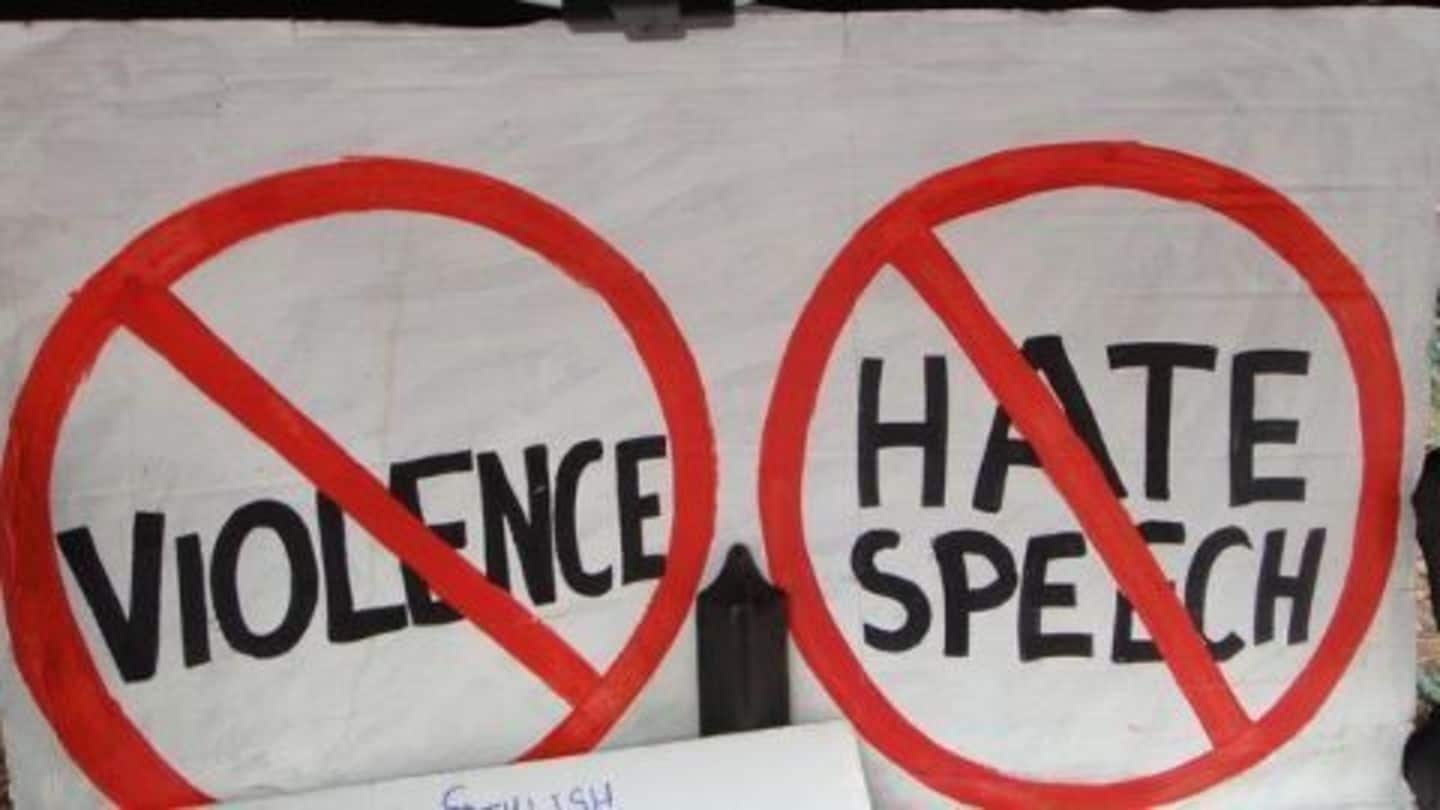
MHA to SC: Hate speech law necessary
What's the story
Responding to a petition filed by BJP-leader Subramanian Swamy, Ministry of Home Affairs (MHA) told SC that hate speech should be treated as a criminal offence. MHA said that a restriction on the freedom of speech and expression of a person who wants to ignite communal tensions was necessary. It added that penal law on hate speech was necessary to promote harmony among people.
Information
What is hate speech?
Hate speech is a term linked with the speaker's hatred directed towards degrading, intimidating and aimed to incite violence against a particular religion, race, gender, ethnicity, nationality, sexual orientation, disability, political views, social class and so on.
Laws
What are the laws dealing with hate speech?
Section 153 (A) and 153 (B) state that any act which promotes enmity between people on grounds of religion and race is punishable with three years in jail and/or fine. Section 295A of IPC states that speech, writings or signs made with the deliberate intention to insult a religion or religious beliefs is punishable and could lead to up to three years in jail.
Cases
Hate speech cases in India
In 1957, SC upheld the decision of lower court which had found the publisher Ramji Lal Modi guilty of publishing a cartoon and article which insulted religious beliefs of Muslims. In 1960, SC upheld a decision of UP government which forfeited the six books written by Baba Khalil Ahamad as it contained derogatory reference to Muawiya which outraged the feelings of Sunni Muslim community.
23 Jun 2015
Hate speech law challenged in SC by Swamy
Senior BJP leader Subramanian Swamy had challenged provisions of IPC dealing with offences of hate speech in Supreme Court. His argument was that the provisions were violative of the fundamental right to freedom of speech. He said the laws stopped people from expressing their views. He also asked the court to stay the cases filed against him for his views on terrorism.
2 Jul 2015
SC issues notice to Centre over Swamy's petition
The Supreme Court issued a notice to Centre asking for its views on Swamy's plea. SC said that the challenge to Section 153(A) and Section 295(A) of the IPC involved a larger issue and Swamy was entitled to be heard. While issuing the notice, the court also put on hold the execution of non-bailable warrants issued against him by a Karimganj court in Assam.
4 Nov 2015
Swamy's book incites hatred: Centre
Responding to Swamy's petition, Centre also recommended SC to prosecute Swamy for his hate speech in his book on terrorism. In its affidavit to the court, Centre said that the book contained matters that promoted feeling of enmity and hatred between Hindus and Muslims in India. Centre told SC that Swamy had violated the various sections of the Indian Penal Code.